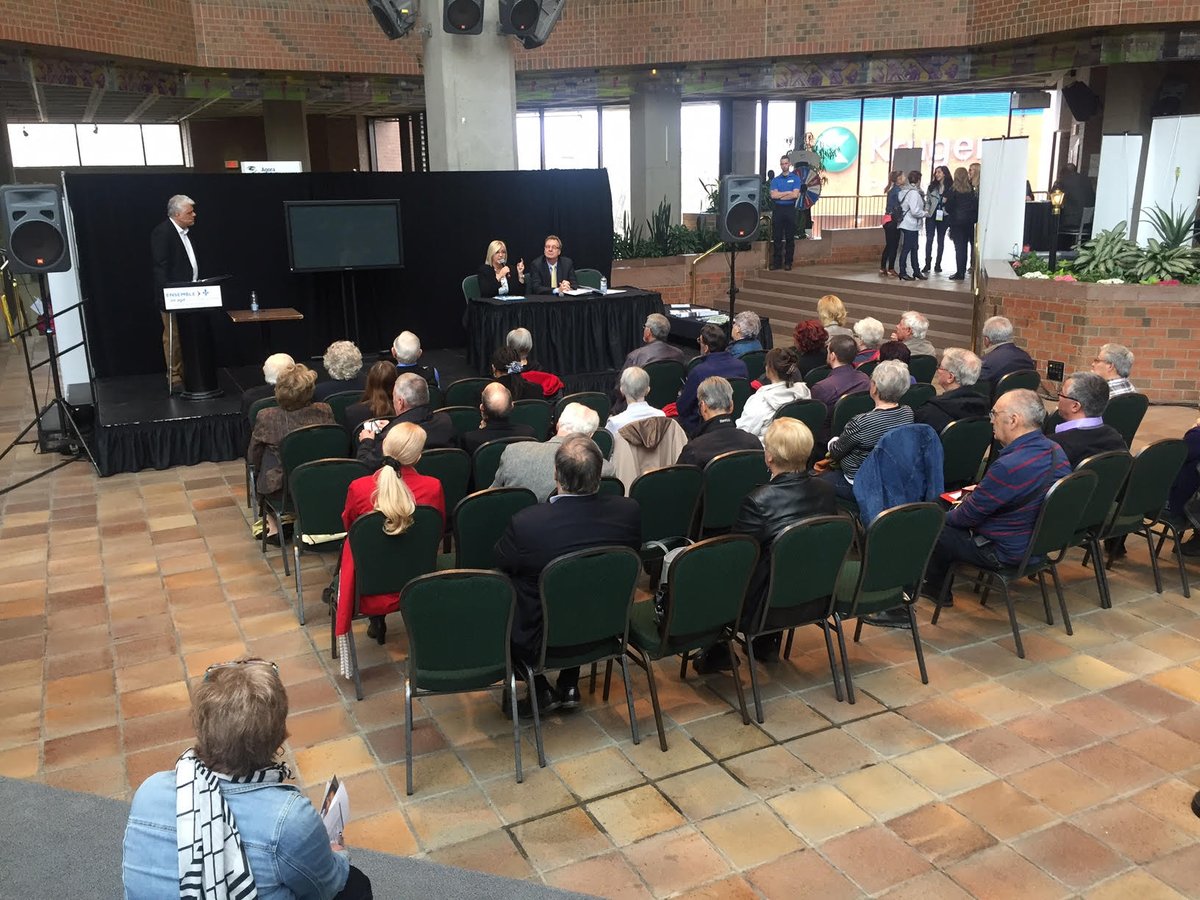
Language rights
Section 23 of the Manitoba Act, 1870, from which language rights in judicial matters emanate, is a specific manifestation of the general right of Franco-Manitobans to speak their own language. To meet its obligations, the government of this province has adopted a Policy on French-language Services, the statement of which states that “as far as possible, the Government of Manitoba offers services in both official languages in the designated regions where the French population is concentrated. A similar approach is proposed in judicial matters.
Findings of linguistic struggles in Manitoba and the importance of bilingual jurists
State of justice in French
Judicial bilingualism, abolished in 1890, was restored in 1979 thanks to the Forest case. In addition, the procedural rules of the courts are henceforth enacted and published simultaneously in French and in English. The same is true of signage in courthouses. However, the bilingual and French-speaking personnel (magistrates, in charge of hearings) are few and although all the legal assistants follow French courses, these courses do not include a component related to French legal terminology.
With regard to judges, there is a tradition in Manitoba according to which a maximum number of bilingual or French-speaking judges sit in each of the provincial courts. At the Court of Queen’s Bench (General Division), there are currently two Francophone judges and one bilingual judge. However, in the Family Division of this same court, there is no bilingual judge. Also, cases heard in French must be heard by judges of the General Division. There are currently two French-speaking judges in the Provincial Court and a judge capable of hearing cases in French without translation in the Court of Appeal.
Since October 1995, the Government of Manitoba has provided interpretation services for the purposes of examinations for discovery and cross-examination of affidavit applicants, which are conducted entirely or partially in French. However, no legislative text makes this measure binding.
The two largest police forces in Manitoba, the Royal Canadian Mounted Police and the Winnipeg Police Service, are subject to the Official Languages Act of Canada to provide bilingual services. However, the police do not have specific guidelines regarding the application of the active offer principle. In addition, no fully bilingual team exists, even to serve areas with a high concentration of Francophones.





